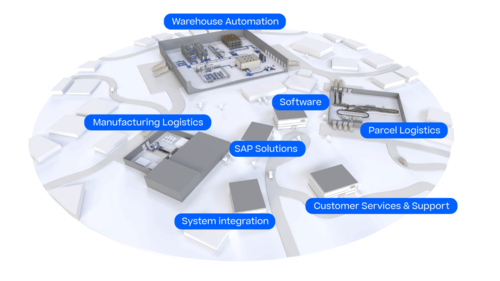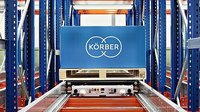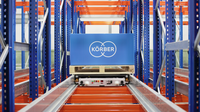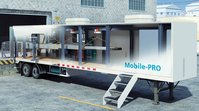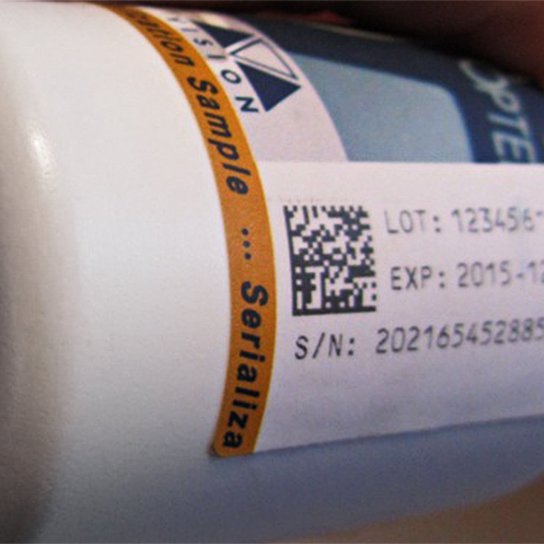Grocery
Supply chain management in grocery retailing is evolving with increasing product choice, raging price wars and growing online capability. The burgeoning advancements in ecommerce, express delivery and “click-and-collect” have increased the complexity of picking, packing and distribution processes.
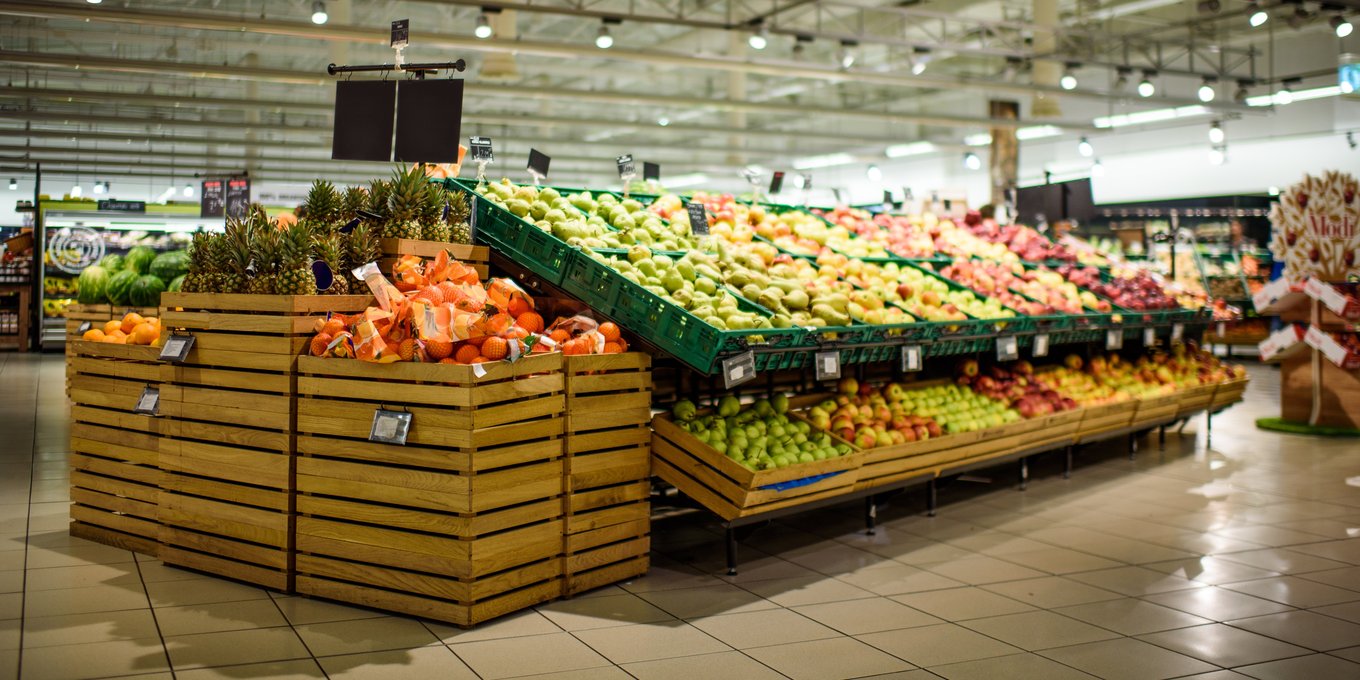
There is a growing trend towards giant “big box” retailers opening smaller convenience stores to diversify, improve service levels and gain market share.
Consumer preferences are also changing, with increased demand for fresh, organically sourced produce. This puts further pressure on retailers to execute a fine balancing act of stocking and turning around perishable fresh foodstuffs, while reducing waste.
The high handling costs of meeting online orders and carrying a higher stock of fresh produce, including organics, have put new demands on what was already one of the most fiercely competitive industries.
Industry challenges
While most retailers will acknowledge that the online market is here to stay, high handling costs severely affect profits. Traditional grocery retailers face high competition from both discounters and food service companies, and consumers can easily switch their preferences from one store to the next.
In addition, grocery businesses now need to manage a growing number of outlets, store formats and product ranges.
The Körber difference
Körber designs grocery store supply chain management solutions which give grocery businesses the flexibility to adapt to new fulfillment channels and store formats. This is all while addressing the constant changes in market dynamics resulting from mergers, continual promotions or other events.
Our solutions provide comprehensive visibility of inventory, helping you better understand and respond to fluctuating stocking levels and consumer trends. Our systems help you identify areas for improvement, and implement processes to maximize your supply chain efficiencies. These include strategic planning to minimize transport costs, and warehouse design and layout optimization to support new processes.
Our flexible suite of solutions lets you adapt and scale your business as market dynamics change, which is crucial for effective grocery store supply chain management. Our systems can be integrated with complementary software and automation solutions, which can integrate fully with your existing applications.


